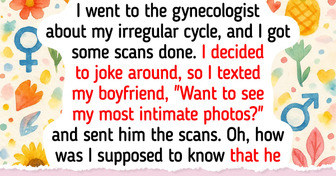Dump the a-hole!! What about when you get old and wrinkly? I am 76 years old, my husband is 3 years younger and every day he tells me how beautiful I am. You need a guy like that and you will find one, believe me. Find your support group, friends and family and kick him out.
My Husband’s Shocking Reaction to My Broken Pelvis Recovery Broke My Heart
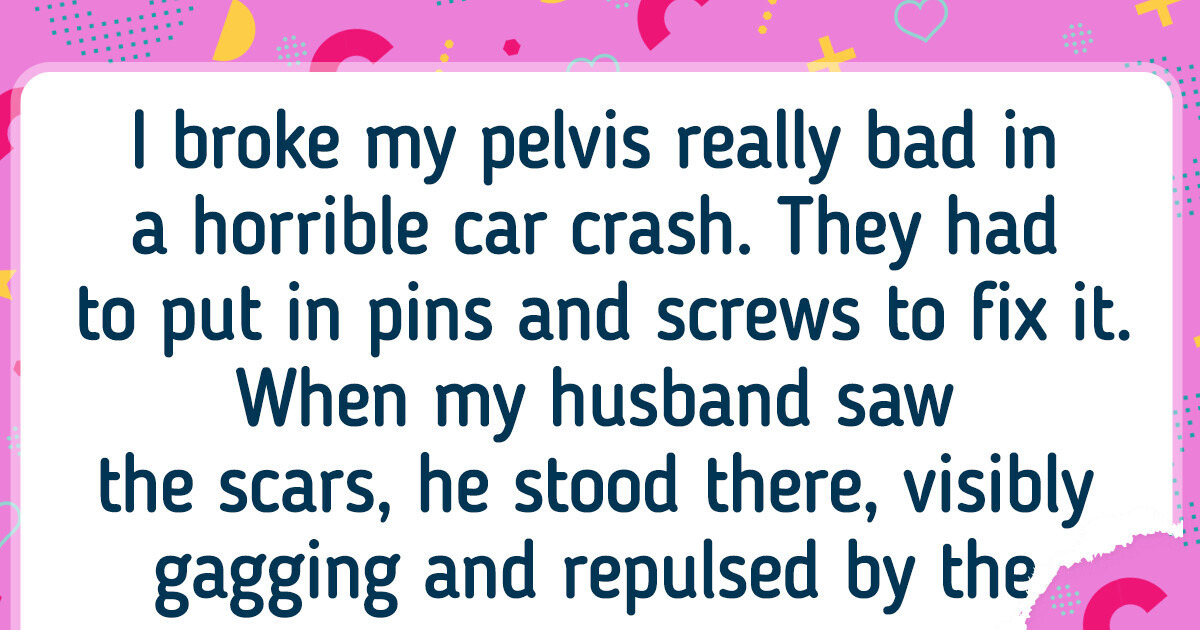
Scars are not just physical marks on our skin. They are also reminders of our past experiences, our struggles, and our resilience. They are part of who we are and what we have overcome. But not everyone sees scars the same way. Some people may find them beautiful, inspiring, or intriguing. Others may find them ugly, disturbing, or off-putting. And some people may have a strong negative reaction to them, such as disgust, fear, or pity.

How to cope with a spouse who is repulsed by your scars.
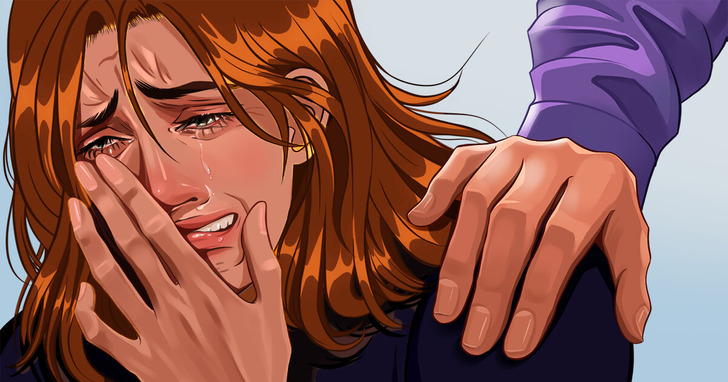
This can be especially hurtful when the person who is repulsed by your scars is your spouse. You may feel rejected, unloved, or unworthy. You may wonder if your spouse still loves you, if they are attracted to you, or if they want to stay with you. You may feel angry, sad, or betrayed.
If you are in this situation, you are not alone. Many people have faced similar challenges after surviving accidents, injuries, surgeries, or illnesses that left them with visible scars. And many of them have found ways to cope and heal their relationships.
Here are some tips on how to deal with a spouse who is repulsed by your scars:
- Communicate openly and honestly. Don’t bottle up your feelings or avoid talking to your spouse. Tell them how you feel and what you need from them. Listen to their feelings and concerns as well. Try to understand their perspective and where they are coming from. Don’t judge, blame, or criticize each other. Instead, try to empathize, support, and reassure each other. Seek professional help if you need it.
- Educate yourself and your spouse. Sometimes, people have negative reactions to scars because they don’t understand them, or they have misconceptions about them. Learn more about your condition and how it affects you physically, mentally, and emotionally. Share this information with your spouse and help them understand what you are going through. Correct any myths or stereotypes they may have about scars or people with scars. Show them that scars are not something to be ashamed or afraid of, but something to be proud and respectful of.
- Celebrate your scars. Don’t hide your scars or let them define you. Instead, embrace them and celebrate them. They are part of your story and your identity. They show your strength and your courage. They are symbols of your survival and your recovery.
Find ways to express your appreciation and admiration for your scars. You can do this by wearing clothes or accessories that highlight them, by taking photos or making art of them, by writing or speaking about them, or by joining a support group or a community of people with scars. - Rekindle your intimacy. Scars can affect your self-esteem and your confidence. They can also affect your spouse’s attraction and desire for you. This can lead to a loss of intimacy and connection in your relationship.
To overcome this, you need to work on rebuilding your trust and your bond with your spouse. You can do this by spending quality time together, by doing things that you enjoy, by giving and receiving compliments and affection, by exploring new ways of being intimate, and by seeking counseling or therapy if needed. - Seek help from others. You don’t have to deal with this alone. You can reach out to your family, friends, or other people who care about you and who can offer you emotional, practical, or financial support. You can also seek help from professionals, such as doctors, therapists, counselors, or coaches, who can provide you with medical, psychological, or relational advice. You can also join online or offline groups, forums, or networks of people who have similar experiences or challenges as you and who can offer you peer support, guidance, or resources
- Focus on the positive. It may be hard to see the bright side of things when you are going through such a difficult time. But try to remember that there is more to life than your scars and your relationship. There are many things that you can still enjoy, appreciate, and look forward to.
There are many things that you can still do, learn, and achieve. There are many things that you can still be grateful for, proud of, and happy about. Try to focus on the positive aspects of yourself, your spouse, your relationship, and your life. This will help you cope better and feel more hopeful.
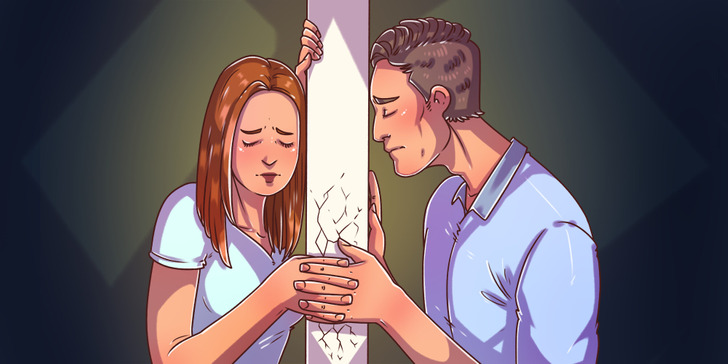
Remember, scars are not flaws or defects. They are marks of beauty and bravery. They are not barriers or obstacles. They are bridges and opportunities.
They are not reasons to end or ruin your relationship. They are reasons to grow and strengthen your relationship. You and your spouse can overcome this challenge and emerge stronger and happier than ever. All you need is love, patience, and communication.
Join us in the next article as we delve into the heart-wrenching conversation a husband initiated with his parents, a dialogue that brought his wife to tears and forced them to confront the fractures in their relationship.
Comments
Related Reads
14 People Who Still Can’t Believe Crazy Things They’ve Witnessed
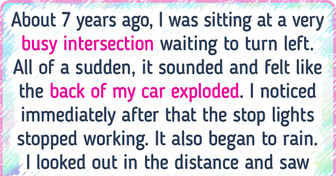
I Took a DNA Test for Fun and Ended Up Uncovering a Family Secret

15+ Stories That Prove Being a Flight Attendant Is Not the Easiest Job

The Real Reason Why Sophie Turner Left Their Kids With Joe Jonas And Moved Back to the UK

13 Stories of Quiet Kindness That Show Superhuman Strength in Ordinary People

I Refused to Knit My Coworker a Free Blanket, and Now HR Is Involved
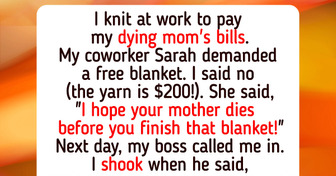
I Refuse to Let My Entitled Daughter Steal the Life I’ve Been Saving For
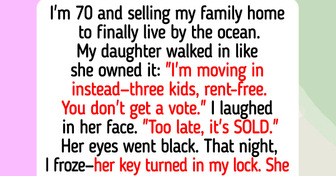
10 Stories That Prove Quiet and Lonely People Often Carry the Kindest Hearts
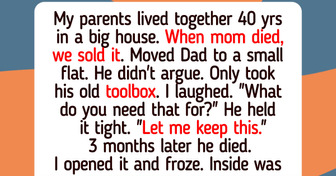
15 Moments That Prove Kindness and Compassion Are the Only Currencies That Never Lose Their Value

My Sister Quit Her Job to Care for Our Sick Mom, Now She Wants More Inheritance
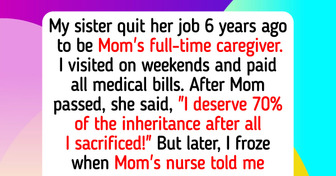
18 Times Kindness Quietly Saved Someone’s World
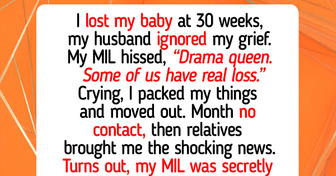
15 People Who Turned an Ordinary Day Into a Movie Without a Script
